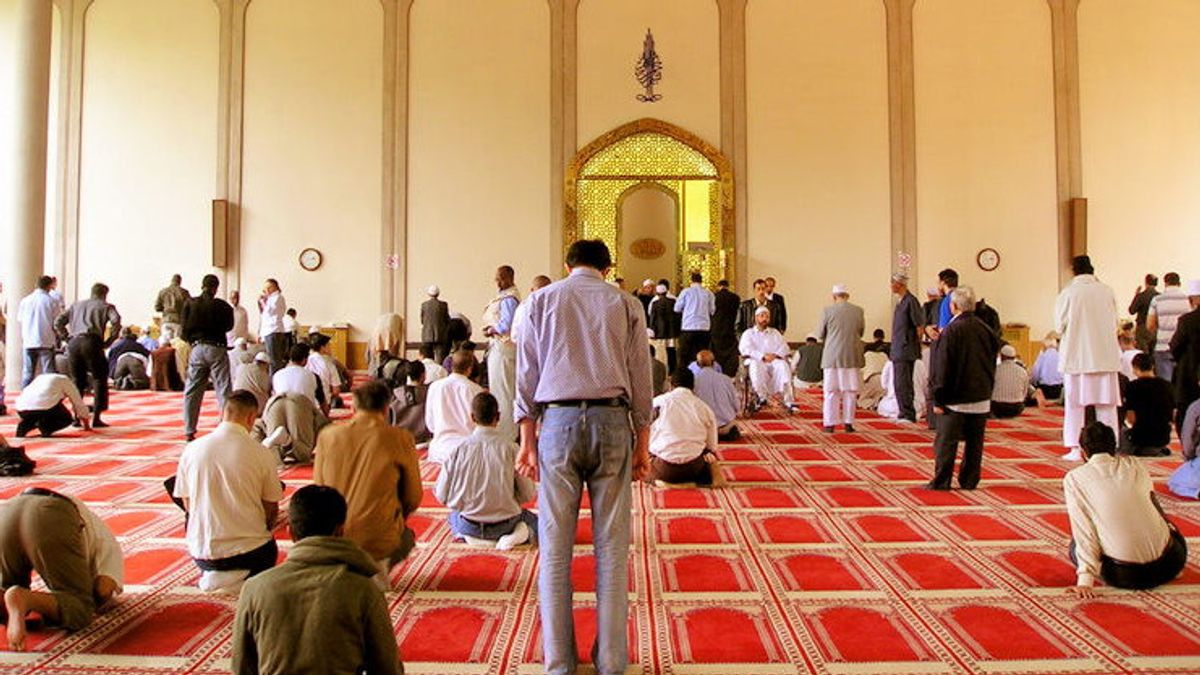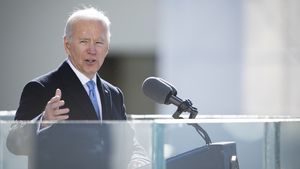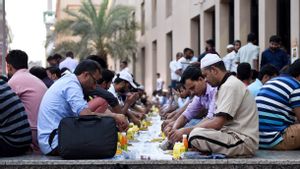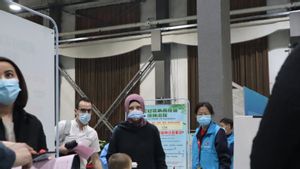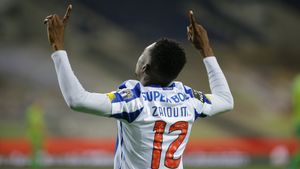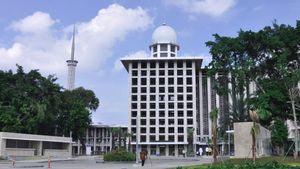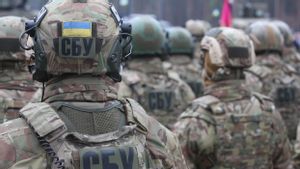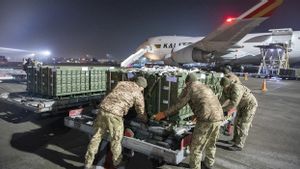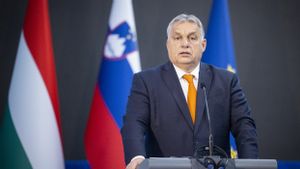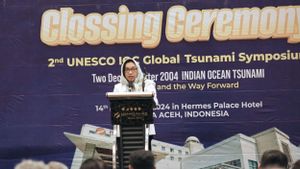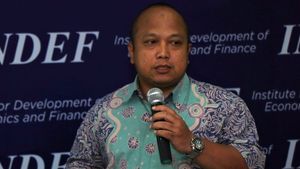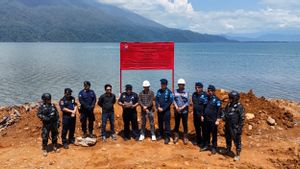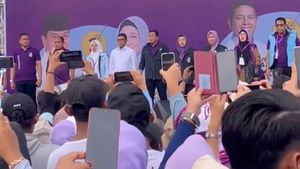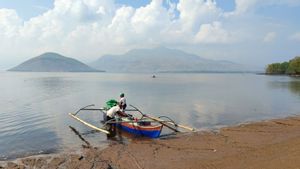JAKARTA - Muslim communities in The United Kingdom begin fasting on Tuesday, April 13. This is the second time the Holy Month of Ramadan has taken place in the midst of the COVID-19 pandemic.
Unlike last year, where the lockdown was tight. This year, Muslims are allowed to come to mosques that are safe from COVID-19.
Cited from thenationalnews, Tuesday, April 13, the mosque opened this year and can be attended by as many people as possible who can be accommodated safely with social distance.
It is worth noting that this year's Ramadan, a number of mosques in the UK will run a shorter service for a limited number of people. There are certain mosques that ask their worshippers to register, including for Tarawih Prayer. In addition, the pilgrims also have to bring their own prayer mats and wear face masks.
During Ramadan, gatherings of people from more than two households in the house are not allowed. While for meetings of two or more households are allowed outdoors, including a private garden, but limited to a maximum of six people.
In relation to the COVID-19 vaccination program in the UK, the UK National Health Service (NHS) and Muslim scholars say receiving the COVID-19 vaccine does not invalidate the Ramadan fast.
"Now is the time to test faith, preserve lives and trust the opinions of clerics and mosque committees who have ensured COVID-19 vaccination and lateral flow tests will not invalidate Ramadan fasting", said NHS Director Dr. Habib Naqvi.
"We have lost too many mosque worshippers and with ethnic minorities who are already at high risk of coronavirus", he continued.

Separately, Dr. Farzana Hussain, a Muslim and doctor at The Project Surgery in East London said receiving the vaccine did not break the fast because it was not a nutrient.
"There is absolutely no reason why you should not have it if you are eligible and have been invited to your COVID-19 vaccine. And those scheduled for the second dose should receive it", explained Dr. Hussain.
"The Koran says saving your life is the most important thing, saving one life is saving all mankind. It is the responsibility of a Practicing Muslim to take their vaccine", she said.
Some vaccination places will remain open, so Muslims can be inoculated after breaking the fast at night. Vaccination centers in mosques will also be open throughout Ramadan.
Some mosques also plan pop-up vaccination clinics to coincide with iftar. Vaccine Minister Nadhim Zahawi praised the mosque, for encouraging worshippers to receive the COVID-19 vaccine.
"Back to comfort, access, and support. It's a place that people trust. And think about it, if people come to break the fast to the mosque, what a great way to break the fast together after that to do vaccinations", she explained.
SEE ALSO:
Meanwhile, for the COVID-19 test program during Ramadan, the NHS says Muslims can still take advantage of a new rapid test program that allows the test to reach households.
Dr. Hina Shahid of the Muslim Doctors Association said the test will help Muslims to detect coronavirus before they attend prayers.
"I strongly encourage Muslims who can vaccinate and lateral flow tests during this holy month, to help protect themselves and their communities", Dr. Shahid said.
"Any concerns about vaccinations or quick test results can be discussed with general practitioners and health care professionals. We are here to support patients in making the right decisions", she concluded.
The English, Chinese, Japanese, Arabic, and French versions are automatically generated by the AI. So there may still be inaccuracies in translating, please always see Indonesian as our main language. (system supported by DigitalSiber.id)
